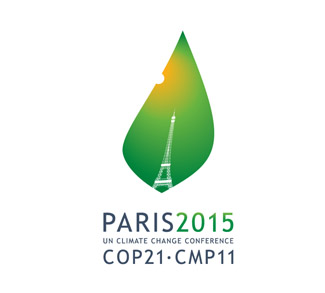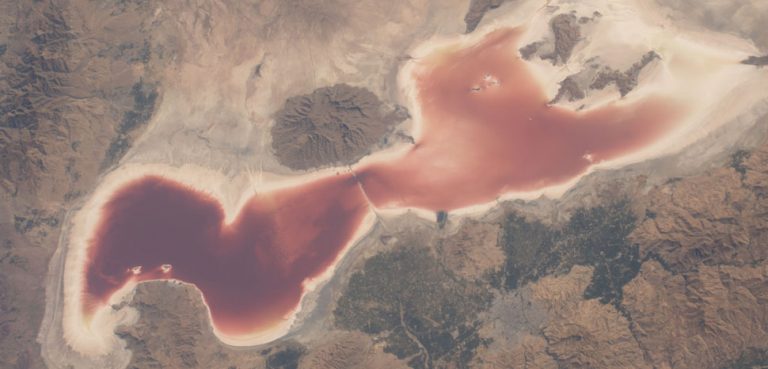Summary
The Paris Climate Agreement is a landmark deal. Not only does it represent one of the first universal and legally-binding attempts to cut carbon emissions worldwide, but it also succeeded where many before it failed: it united the world’s two largest greenhouse gas emitters—the United States and China—at least for a little while.
President Trump has now pulled the United States out of the Paris mechanism. In doing so, he has delivered a blow to global efforts to combat climate change. What’s more, he has also added to a growing pattern of US retreat on various multilateral fronts. Whether the TPP, NATO, or now Paris, the U.S. is punching out in search of a “better deal.”
It’s highly unlikely that a better deal, or any other deal, will be forthcoming.
Background
The Paris decision was another battle that unfolded between the dueling factions of President Trump’s administration: ‘America First’ vs. ‘the establishment.’ While Sectary of State Rex Tillerson and Energy Secretary Rick Perry urged the president to remain in the agreement alongside various business executives, Environmental Protection Agency administrator Scott Pruitt and chief strategist Steve Bannon advocated for withdrawal. Trump’s “America First” philosophy means ‘independence’ from America’s responsibility to play its ‘indispensable’ role in world affairs. It entails refocusing government efforts at home by reducing the burdens of multilateralism and support for US allies. On the campaign trail, Trump promised his constituents in the Rust Belt and western plains that he was prepared to withdraw from the carbon reduction agreement. While his ultimate stance fulfilled one of his top campaign promises, he has also made clear his intentions to begin talks to re-enter into a more “fair” deal.




